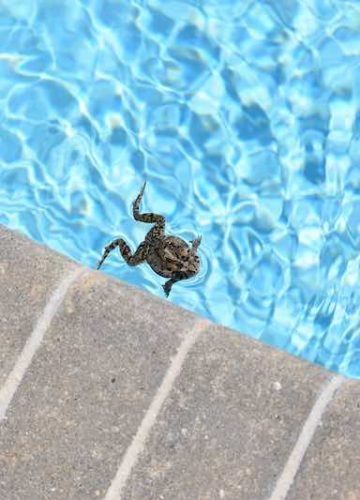
Controlling Humidity in Florida Homes: 10 Simple Tips
As someone living in Florida, experiencing high humidity is not new. Some people assume that air is at high humidity when they experience warmth. But high humidity can also be felt when the air is as cold as 70°F.
Although a person’s comfort depends on several factors like clothing and health, high humidity can also affect it. You may find it challenging to control high humidity levels outdoors. But, there are certain things that you can do in controlling humidity in Florida homes.
Table of Contents
Humidity Control: How to Achieve It Indoors
High humidity levels can bring too much moisture inside your home. As a result, you might feel uncomfortable because of the warm temperature.
Not only that, but it can also increase mold growth, one of the humidity related health problems. Having molds may pose health risks, especially to people who have asthma and allergy problems.
To avoid these dilemmas, there are simple tips that you can follow to solve the humidity issues at your home. Among these are as follow:
Consider taking shorter hot showers.
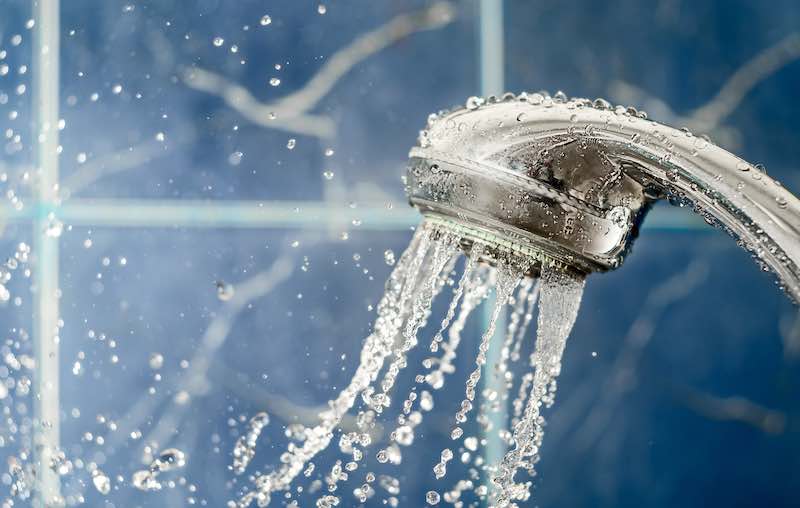
It is indeed relaxing to have a hot shower, especially when there is cold weather. However, showering for a long time can contribute to the humidity levels in the room. That’s why make sure to spend enough time in the shower. You can use vent fans to help in air circulation.
Consider weatherstripping.
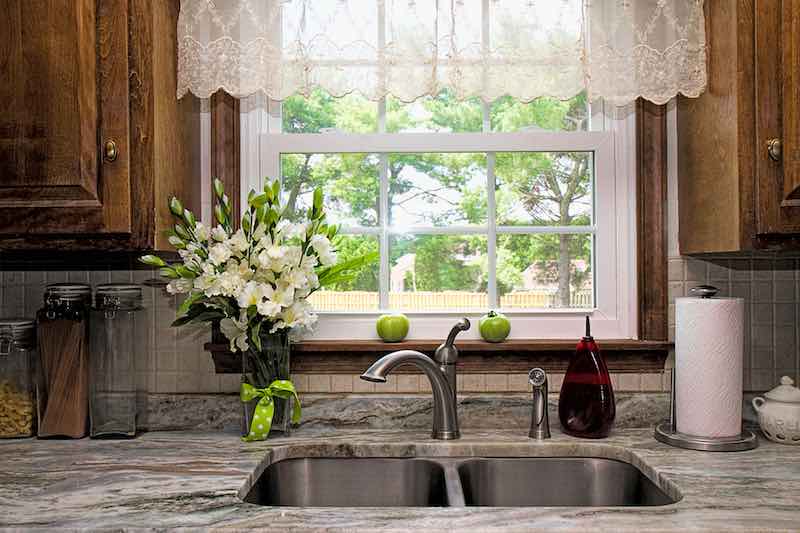
To avoid humidity issues, consider weatherstripping around the doors and windows. Doing so allows you to create an airtight seal, preventing warm or cold air from escaping.
Not only that, but you can also avoid excess humidity from seeping inside. For materials that are more likely to have contact with moisture, consider caulking. It works the same as weatherstripping, but it is best used for faucets, sinks, toilets, etc.
Cover the exposed soil of your indoor plants.
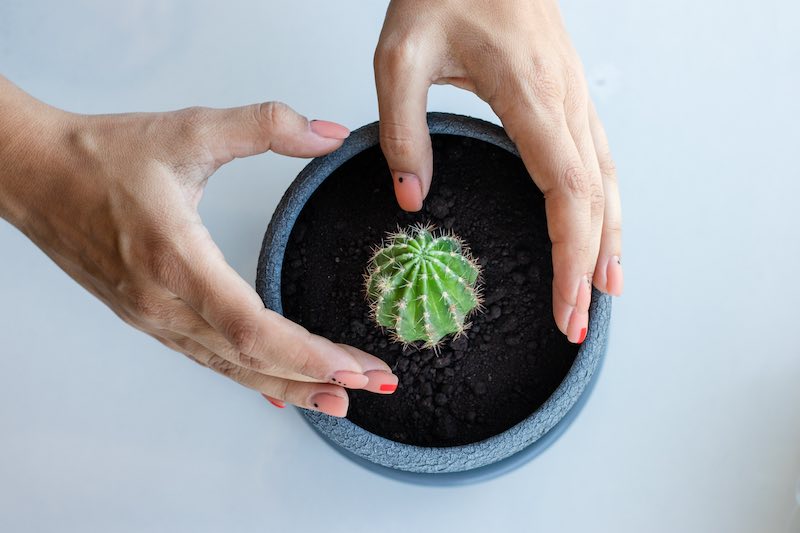
There is no doubt that indoor plants can provide you with several benefits, from improving the air quality to adding aesthetics to your home. However, leaving the soil exposed can result in humidity issues. To avoid them, cover the exposed ground with rocks and gems to reduce the air’s moisture.
Dry your clothes outside.
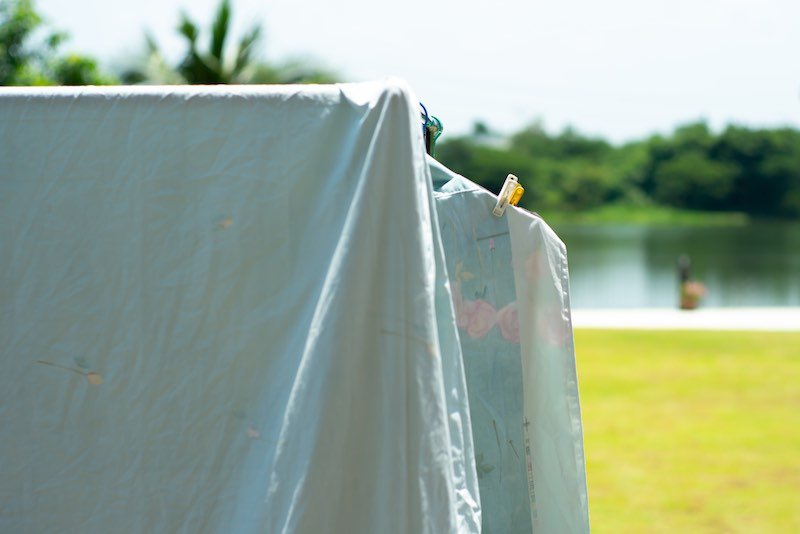
Washing your clothes and drying them indoors is another way that results in high humidity. When drying clothes, it is better to do them outdoors.
Doing so can make the clothes dry faster because of the sun’s heat. In case that it is raining outside, you may consider rescheduling your laundry day. Another tip is to use a dryer machine to keep the humidity in control.
Fix the leaking pipes.
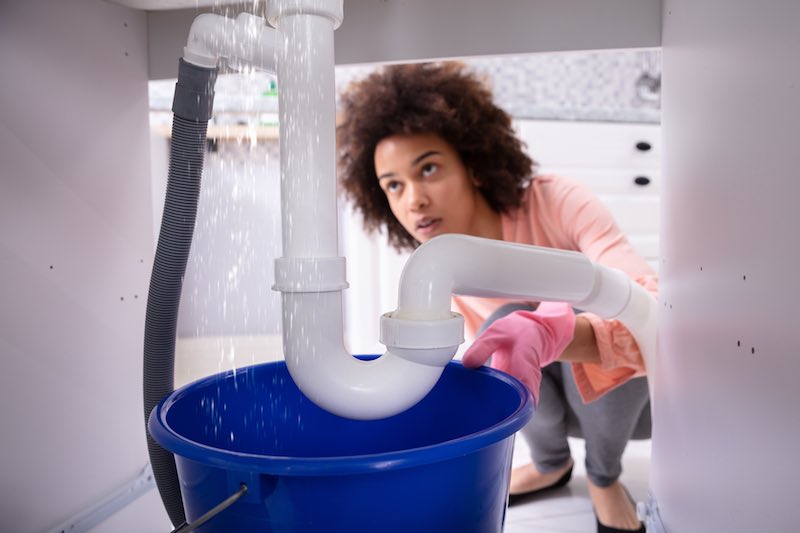
As a homeowner, make sure to have a regular check-up on all of the pipes at your home. Identify whether there are broken pipes or leaks. If you find some leaks, even the smallest one, fix them immediately.
Remember, these leaks can contribute to the humidity levels. Inspecting them is one effective way of controlling humidity in Florida homes. You may contact a professional if you need any help.
Have a maintenance check-up for your air conditioners.
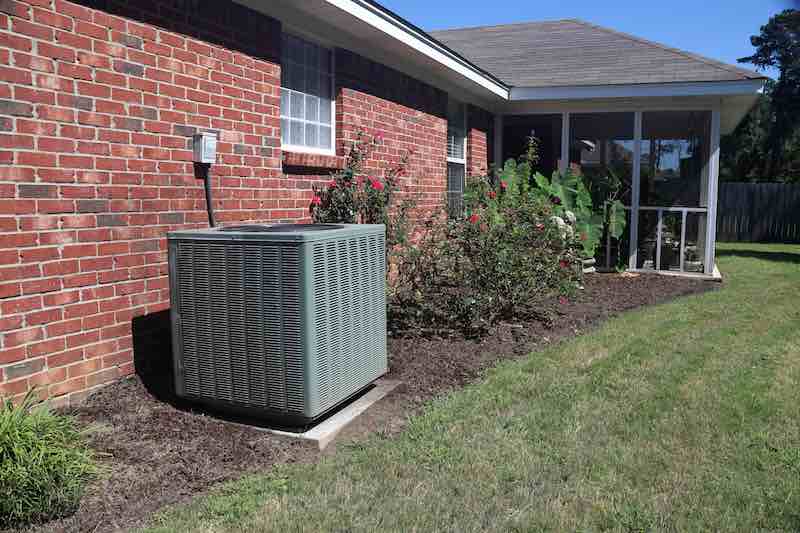
Probably, some of you are using air conditioners to solve the humidity issues at your home. However, these appliances can have problems in the long run.
Although you can fix them, it is highly recommended to have a maintenance check-up at least twice a year. Let a professional inspect your air conditioners to assess whether they are functioning correctly.
You can also ask advice from a professional regarding how to control the humidity level at your home.
Install proper ventilation to moisture-prone areas.
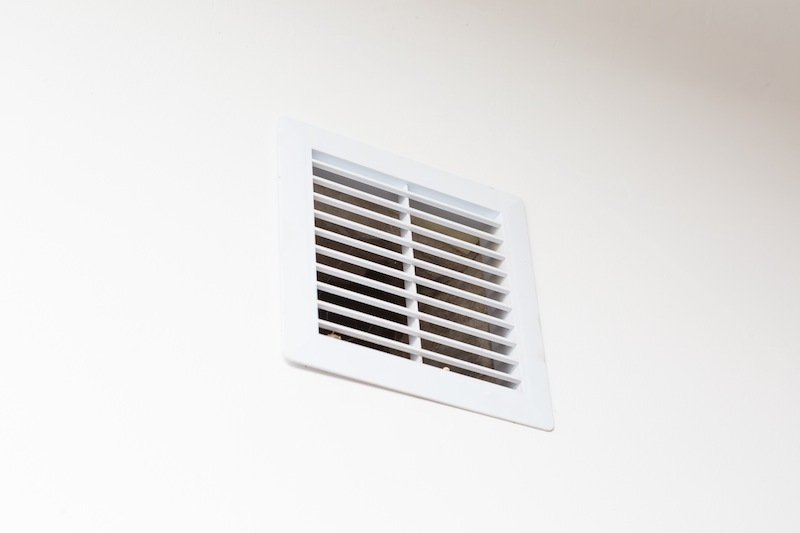
There are areas in your home that are more prone to moisture. These include bathrooms, kitchen, and laundry room. All of these places can increase the humidity levels in your home.
That’s why you need to check these places and see if there is proper ventilation. For instance, keep the windows open in the kitchen and laundry areas, especially when cooking or washing clothes.
When taking a bath, turn on the vent fans to reduce the moisture levels.
Place indoor plants that absorb moisture from the air.
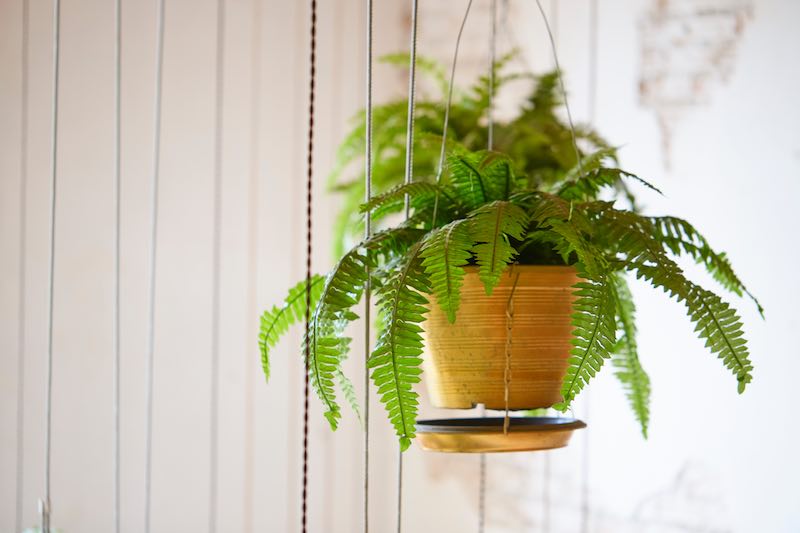
Choosing the right indoor plants can help you reduce the moisture in the air. Several houseplants can help absorb humidity such as Boston Fern, English Ivy, Peace Lily, and Reed Palm.
These plants can purify the air, improving the air quality. As mentioned earlier, make sure to cover the soil so that these plants will not add to the room’s humidity. For English Ivy, you can keep it in hanging pots to absorb humidity efficiently.
Set the air conditioner to the “dry” setting.
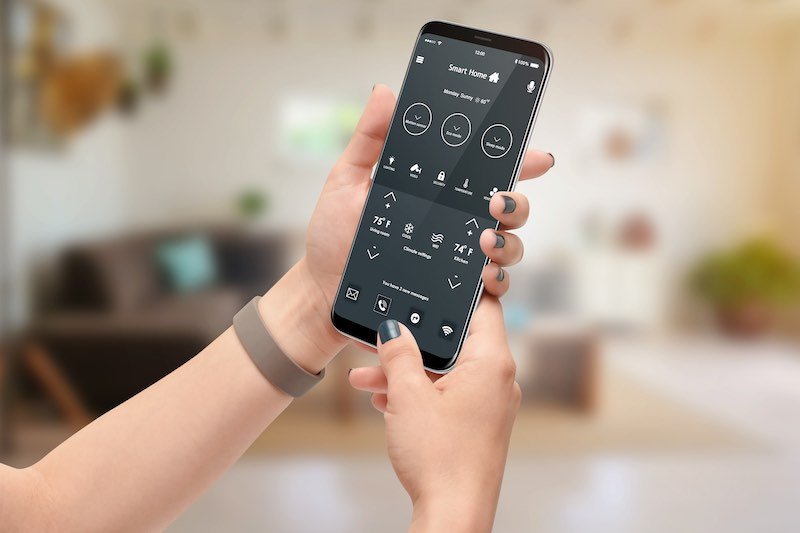
Usually, air conditioners have a “dry” setting. If you are using these appliances, consider adjusting the setting to eliminate the air’s excess moisture. Aside from that, change your AC’s filter regularly to improve its functionality.
If your air conditioner is working efficiently, it can improve the airflow, providing less humidity. Also, the “dry” setting is highly recommended during the rainy season. It is because the moisture level during this time is high, making the environment uncomfortable for you.
Use a dehumidifier.
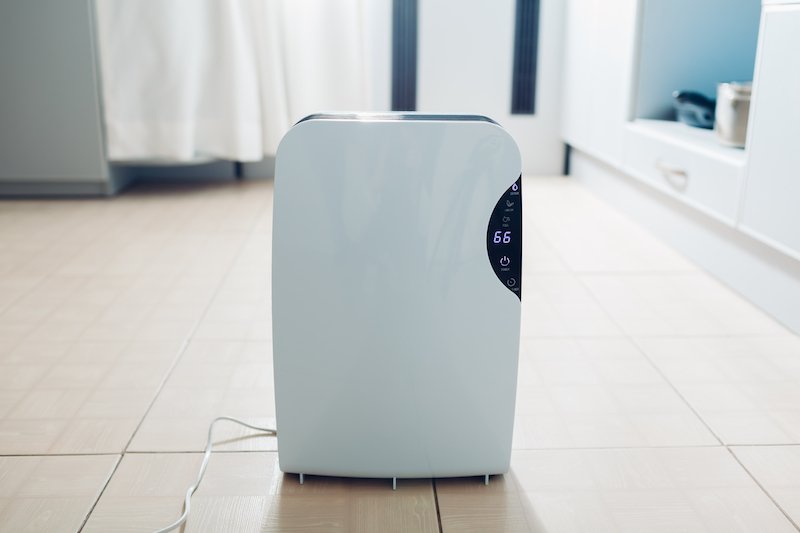
You may use a dehumidifier to control the humidity levels at your home. Using this device has several advantages. Among these are reducing pest-related problems and maintaining moisture levels. Besides, it also decreases energy costs. Use a dehumidifier frequently if you observe that your walls feel damp to touch. Doing so can restore the room in its relative humidity.
Conclusion on controlling humidity in Florida homes
High temperatures, increased mold growth, and respiratory diseases are some of the high humidity problems. That’s why, as a homeowner, it is vital to know how you can control humidity levels. Controlling humidity in Florida homes can help you create a more comfortable home. Besides, you can also guarantee that you and your loved ones are safe from different health concerns brought by high temperatures.




